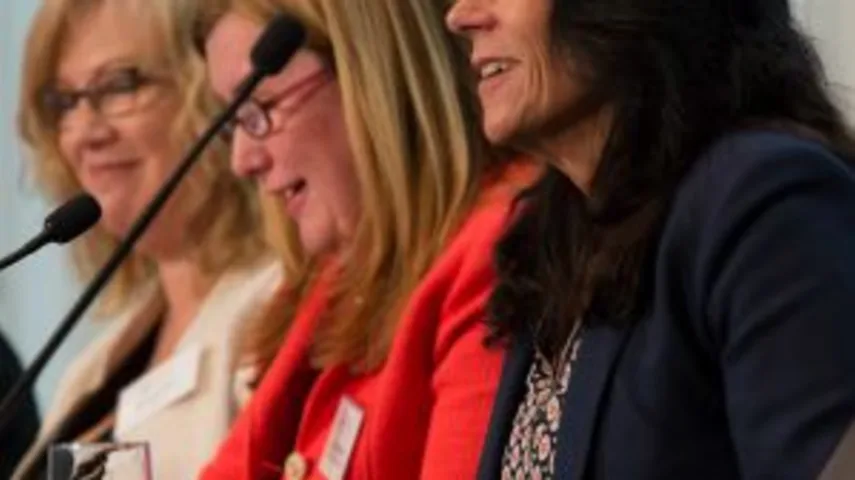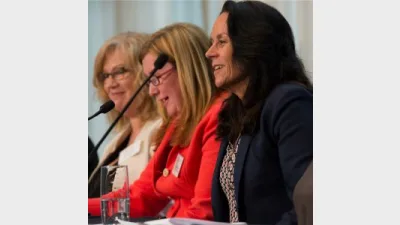Financial literacy and childcare changes will help women’s super



Doing more on childcare and financial literacy are key elements in helping women's retirement income, a panel agreed.
Discussing concerns on closing the gender gap in superannuation at Super Review's and Money Management's Women's Wealth Breakfast this morning, the panel said putting a gender lens on policy that would support women's unique circumstances would be the first step.
The Association of Financial Adviser's (AFA) national president, Deborah Kent, said moving the issue along starts with incentives around childcare.
"One key thing would be around ‘how do we get better plans around childcare?', keeping women in the workforce, and helping them out when it comes to tax as well," she said.
"It starts at childcare and then it stems out to the pay gap in making sure we have more money to put into super."
The Workplace Gender Equality Agency (WGEA) acting director, Louise McSorley, agreed and added that tax changes needed to be looked at along the lifespan of a woman.
"When you send the kids off to school holiday care it's very expensive and you make no money that week," McSorley said.
"If you're asking me then to save a little bit more to put in superannuation because I'm earning less than a man so that I'll have a reasonable retirement, that's a bit unfair."
McSorley said fixing a tax system that has a gender lens on it recognises that differential impact and women's different circumstances.
Education was also a the forefront of the discussion and the Institute of Financial Adviser's independent director, Julie Berry, said people need to be more educated about what super is, and what you invest in super is can get you where you want to go.
"We also may need to bring different products into the market that look at people that aren't in the workforce [for periods of time] and enable them to carry forward their income protection so that they can have that time off," Berry said.
"Some part of childcare should be tax deductible because we don't normally put children in daycare and go off and have a party everyday. I think in the pursuit of earning income and the taxability of it gets to a point."
Commenting on education, Kent said "I think financial literacy is something we need to do more of educating women about being financially secure in retirement and being able to break through those barriers such as divorce".
Adviser Intelligence head of marketing and sales, Jacqui Henderson, said this education needs to start at a young age.
"We need to educate our young generation on how to manage our own money. Educating on money and how to grow a career and be independent financially even though a marriage.
"We need to talk about not looking at your husband to be your support, and maintaining your career throughout different family life stages."
Recommended for you
Australia’s largest super funds have deepened private markets exposure, scaled internal investment capability, and balanced liquidity as competition and consolidation intensify.
The ATO has revealed nearly $19 billion in lost and unclaimed super, urging over 7 million Australians to reclaim their savings.
The industry super fund has launched a new digital experience designed to make retirement preparation simpler and more personalised for its members.
A hold in the cash rate during the upcoming November monetary policy meeting appears to now be a certainty off the back of skyrocketing inflation during the September quarter.









